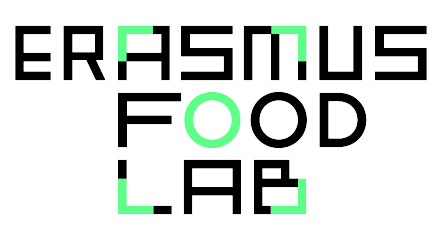The Sustainable and Equitable Food Strategies (SEFS) course applies a transdisciplinary approach to address wicked problems in the global food system. The ultimate goal is to make management studies in the food sector more transformative by tackling both personal and global political aspects.
“SLOGAN”

The course provides an overview of the food system by examining and exploring three levels of interaction: Macro (society and environment), Meso (companies), and Micro (individual consumers). By the end of the course, students understand the interactions among the actors in the ‘global food chain’ (such as governments, international institutions, local markets/producers, large food corporations, and supermarket chains) that shape our food system.
The course uses a problem-oriented project-work approach, incorporating action learning techniques, personal essays, and business proposals or policy papers, with a particular focus on the political economy of food. Key themes include the sustainable and equitable aspects of food systems, transformations in the food industry, and global regulations. Special attention is given to the DIY sustainability of food, is approached from various angles, such as international dietary guidelines, the environmental impact of food production (e.g., organic vs. industrial food; processed vs. non-processed food; animal-based vs. plant-based food), and societal issues (e.g., food security and food waste management)
